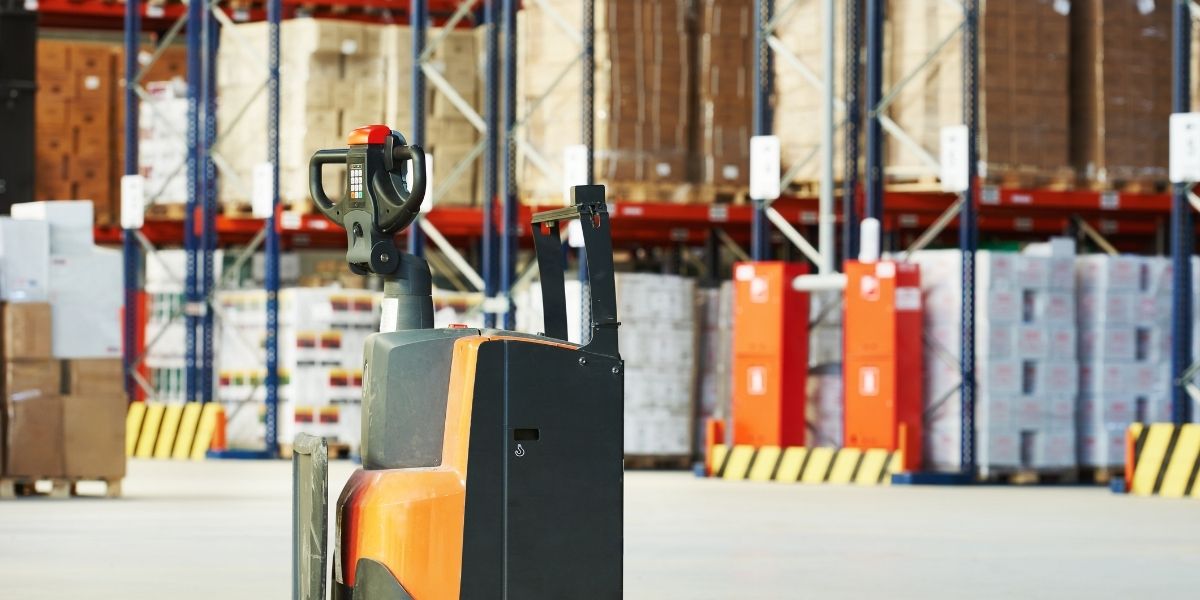
Stacker is a vehicle used to carry, load, or unload loads stacked on pallets. Stackers can be manual, semi-electric, fully battery-powered, or fully electric and come in various types, but their basic operating principles are generally similar.
Here's an answer to how a stacker works or the general operating principles of stackers:
The loading process of a stacker typically involves the following steps:
While transporting the load, the stacker's fork arms can be adjusted for height and direction. The stacker ensures safe transportation by carrying the load smoothly on its fork arms.
When the stacker reaches its destination, the fork arms are slowly lowered for unloading. The load is unloaded as the fork arms are removed from underneath it.
Safety is crucial when operating stackers. During the operation, the operator must be cautious about their own safety, as well as the safety of the stacker and the load. Stackers should be equipped with an emergency stop button and other safety systems.
Usually, fully electric or fully battery-powered stackers operate with hydraulic and electric motors, while semi-electric or manual stackers can work with both human power and hydraulic systems. The types and operating principles of stackers may vary depending on the model and intended use. Therefore, it is essential for users to follow the manufacturer's instructions and ensure they have received proper training.